Frequently Asked Questions
Investment FAQs
Why should I consider investing in The Planting Hope Company?
Unlike many small public companies, The Planting Hope Company is not a ‘concept’ or a pre-revenue investment. The products of The Planting Hope Company are successfully sold by significant customers like Cava restaurants, Whole Foods Markets, QVC, Sodexo and DOT Foods as well as independent cafes, retailers, and distributors in North America. Your investment is aimed at scaling already proven and well differentiated products in a large and diverse industry.
Why should I invest now?
As a small public company that’s part of a very large industry, The Planting Hope Company offers an investment opportunity not normally seen in the FMCG space. Most early-stage brands and companies in this sector are privately held and only go public – if they ever do - once they are very large. This investment is truly ‘ground floor’ with the opportunity for exponential growth as the company continues to scale.
Why invest in The Planting Hope Company, specifically, among small food companies?
As a ‘portfolio of brands’ enterprise, The Planting Hope Company’s investors can spread risk across multiple brands and distribution channels, providing resilience against unexpected disruptions in supply chains, shifting customer and channel priorities, and other hard-to-foresee challenges faced by single brands operating in limited categories and customer bases.
How does The Planting Hope Company plan to spend the money invested?
Since our products are well-tested, already in the market and ready to scale, the investment will be used for growth; specifically to fund necessary inventories, increase marketing and communication efforts to grow brand awareness and consumer adoption, as well as building out our team and general financial and operational needs of the growing business.
Planting Hope Company is publicly traded. What makes this public company offer unique?
Unlike many small public companies, The Planting Hope Company is not a ‘concept’ or a pre-revenue investment. The products of The Planting Hope Company are successfully sold by significant customers like Cava restaurants, Whole Foods Markets, QVC, Sodexo, and DOT Foods as well as independent cafes, retailers, and distributors in North America. Your investment is aimed at scaling already proven and well differentiated products in a large and diverse industry.
What are the investment terms for this financing?
Here are the terms of the private placement offering in The Planting Hope Company, Inc:
Private Placement Structure: Convertible Note Convertible Note Terms:
• Interest rate: 10%
• Pre-set conversion price (reserved with the TSXV*): ~$0.18 USD/share ($0.25 CAD)
• Note Term: 3 years (36 months)
• Warrant: 1,925 per $1,000 USD invested (9,625 warrants per $5,000 USD invested)
• Warrant strike price: ~$0.26 USD/share ($0.35 CAD)
• Warrant expiration: 3 years (36 months)
• Minimum investment: $5,000 USD ($6,850 CAD)
Closing: These terms are anticipated to be available through mid-November 2023.
Payment methods accepted for investment through Stripe include wire, ACH, credit cards, PayPal, and ApplePay.
Please see the private placement and subscription agreement for additional terms and detail.
What kind of return on investment is possible with this investment?
Projected return example: In three years, if the stock price is at $0.75 USD ($1.03 CAD), $10,000 USD invested at the above terms could return $52,171 ($42,171 net of original $10,000 investment, or 422%).
Please see “Private Placement Potential Returns” in the Planting Hope Data Room for additional return calculations at potential future stock prices. No guarantee is made or implied that these stock prices will be achieved.
How do I make an investment?
The Planting Hope Company private placement is hosted on the Issuance investment platform, which provides a secure and seamless process for making investments, from executing paperwork to accredited investor screening to funding, in less than 5 minutes. Investments can be executed through laptop, tablet, or mobile – it’s flexible and easy.
Is there a deadline to make this investment?
The conversion price has been reserved with the TSXV for 45 days from October 6, 2023 (through November 20, 2023). If there is a material news event that pushes the stock price significantly above the reservation price, this price reservation may be revoked and reset at market price.
What payment methods does Issuance accept?
Issuance is integrated with Stripe, which permits a very wide range of investment funding options including wire, ACH, credit card, Apple Pay, Google Pay, and Link.
Is the Issuance platform secure?
The Issuance platform offers a secure payment processing system for investors to remit payment via ACH, credit card or wire transfer. For more information on their privacy policy, please click here.
Are there any additional fees for making an investment?
There is a $45 per investment administrative fee for each investment. Any payment processing fees are absorbed by The Planting Hope Company.
What is the currency conversion rate for US and Canadian Dollars for this investment?
Foreign Exchange Rate (FX): For illustration purposes, the conversion rate used for this offering is $1.00 USD = $1.37 CAD. Investments are made in USD, and the share conversion calculation will be made based on the FX conversion rate at the time of issuance.
I have questions about the investment process or opportunity.
We'd love to chat. Please book a meeting or reach out by email to invest@plantinghopecompany.com to get in touch with Elyssia Patterson, VP of Investor Relations.
Eligibility Requirements
Who is eligible to invest in this financing?
This private placement opportunity is open exclusively to investors in the US and Internationally (excluding Canada) who meet ‘accredited investor’ criteria: Per SEC Rule 501 of Regulation D, to qualify as an accredited investor you must have more than $1,000,000 in net worth (excluding primary residence) OR more than $200,000 in earned income ($300,000 for joint income with a spouse) for each of the past two calendar years.
How do I know if I’m an accredited investor?
An individual will be considered an accredited investor if he or she:
• Earned income that exceeded $200,000 (or $300,000 together with a spouse or spousal equivalent) in each of the prior two years and reasonably expects the same for the current year,
• Has a net worth over $1 million, either alone or together with a spouse or spousal equivalent (excluding the value of the person's primary residence and any loans secured by the residence (up to the value of the residence)), OR
• An individual holds certain professional certifications, designations, or credentials in good standing, including a Series 7, 65, or 82 license.
• A spousal equivalent means a cohabitant occupying a relationship equivalent to that of a spouse.
• There are different accreditation rules for entities such as companies and trusts.
How does the Issuance platform verify that I qualify as an accredited investor?
During the five-minute investment process, you will be asked to either upload a tax return or brokerage statement as evidence that you are accredited, or you may submit an attestation from a third-party such as a CPA or financial advisor to evidence on your behalf. The Issuance system then makes use of North Capital's investor accreditation solution for accreditations that require a manual review of evidence submitted by an individual to attest to their accredited status.
Company Strategy
What makes The Planting Hope Company different from other small food companies?
Most small food companies market a single brand and range of products. This has its virtues but also comes with the downside risk of that one brand failing to scale. The Planting Hope Company has five unique but complementary brands that all help it to ‘do better’ with nutrition and sustainability outcomes. Additionally, the company focuses on Product Technology/IP development rather than owning manufacturing plants focused on specific production processes. This enables them to nimbly disrupt and become relevant in fast growing categories of plant-based foods and beverages, healthy snacking and greener products using existing industry production partners and capabilities.
Why is The Planting Hope Company focused on Foodservice channel development?
While retail brand development is more visible to investors and consumers, it’s the proverbial ‘tip of the iceberg’ in the packaged foods industry. The foodservice channel offers much more opportunity for meaningful, profitable growth – from item placement on the menus of QSR and Fast Casual chains, to thousands of independent cafes using plant milks, to heathcare, business and industry, education and hospitality segments offering our products to their patrons. Our target demographic group consumes 2/3 of their meals away from home, from espresso cafes in the morning to fast / fresh dining options in multiple day parts and everything in between. As we develop our brands in foodservice, retail demand will naturally accrue to them.
How many Brands does The Planting Hope Company own and manage?
Five Great Brands! – Hope and Sesame Sesamemilk, RightRice High Protein Veggie Rice, Mozaics Real Veggie Chips, Veggicopia Single Serve Snacks, and Argo Tea. As a ‘portfolio of brands’ enterprise, The Planting Hope Company’s investors can spread risk across multiple brands and distribution channels, providing resilience against unexpected disruptions in supply chains, shifting customer and channel priorities, and other hard-to-foresee challenges faced by single brands operating in limited categories and customer bases.
Why did Planting Hope Company acquire Argo Tea
The acquisition of Argo Tea presented a unique opportunity to expand and accelerate the company’s foodservice presence and café channel learning for Hope and Sesame Sesamemilk while staying true to our mission and values. Argo Tea licenses cafes on University Campuses to Sodexo and Aramark, two of the leading contract foodservice operators in the US. These will act as both distribution customers for Planting Hope Company’s products as well as incubators for beverage innovation and menu development that can be scaled to the entire café channel.
Company Mission and Values
What are The Planting Hope Company’s mission and values?
Simply put, The Planting Hope Company aims to ‘do better’. Specifically, this means we are committed to supplying meaningful nutrition in every one of our products, using the most sustainable crops in human agriculture (legumes, seeds, pulses and others) for these products and expanding the availability of convenient, affordable delicious and planet-friendly ‘plant-forward’ food products for our customers.
What does Foodtech mean?
The term ‘Foodtech’ can mean a lot of things from lab-grown meat to AI usage in product development. In the case of The Planting Hope Company, it means purposely utilizing ‘leading edge’ ingredients, processes and proprietary formulations to develop nutritious and sustainable plant-rich products that are delicious and that meet current consumer demands for natural, nonGMO, ‘clean label’, planet-friendly and health-supportive foods.
How does the Company use Foodtech?
We have reimagined and launched cutting-edge packaged food products in large and dynamic global categories -easy and better ‘swaps’ for common food items that are more delicious, nutritious, sustainable, and scalable, and perform superbly in consumer and foodservice kitchens.
Corporate Sustainability
How does The Planting Hope Company positively impact the planet?
The Planting Hope Company’s mission to ‘do better’ incorporates a direct focus on continuous improvement of our products in a way that preserves, sustains, or enhances our shared environment. We use ‘upcycled’ ingredients that reduce food waste. We seek out and use best-in-class packaging solutions including degradable film for our snacks and grains. We utilize aseptic packing for our plant milk beverages, eliminating the need for end-to-end cold temperature supply chain. We source ingredients from the most sustainable crops in modern agriculture. In everything we do, we look for the best sustainability solution possible, and will continue to do so as we scale, maximizing our impact.
What is Planting Hope’s carbon emissions goal?
The Planting Hope Company is currently in the process of defining our carbon goals, working with accredited third parties to measure and define our current impact, which will allow us to set meaningful targets for the year 2024 and beyond.
Today, we are focused on delivering more sustainable alternatives, and have invested in ingredient and packaging technology that are better for the planet. For example, our Hope and Sesame® Sesamemilk is Upcycled Certified™, created from the nutrient-dense pulp leftover from sesame oil production. Additionally, our Mozaics™ Real Veggie Chips are packaged in NEO bags that convert to clean energy as they degrade in most landfills.
What does ‘Better for the Earth’ mean for The Planting Hope Company?
This is where our commitment to ESG begins for us. We look to do things better for the earth with each of our products. How this is accomplished is unique for each of the brands and product ranges. We focus on plant-based foods and beverages because plants are the most sustainable sources of food. We also believe that shelf-stable foods help to reduce the carbon footprint of products from cradle to crave so as much as possible we create shelf-stable products. We are focused on helping to feed people on earth now, into 2050 and beyond.
Company Operations
Does The Planting Hope Company own any real-estate/own manufacturing facilities?
In short, no. The packaged foods industry in North America, and much of the developed world, has tremendous capacity, resources, and facilities in food processing, finished goods production, warehousing and supply chain support that allows us to produce best-in-class products that meet our standards without significant CapEx going to build out facilities. Most smaller companies find it hard to use the full capacity of owned manufacturing for their own products resulting in large inefficiencies or the need to pack for brands they do not own. We take advantage of the industry’s large capacity to remain as efficient as possible.
Where are the products produced?
Planting Hope currently doesn’t manufacture any of the products directly. Planting Hope has developed a network of high-quality production partners that are certified to process according to the Global Food Safety and Quality Standards and provide us access to high caliber supply chain of ingredients and process efficiency. Today our network includes production partners across the United States and Canada.
How involved is the company in the production of their products?
Very. We pride ourselves in safe, high-quality and great-tasting products. In fact, as a part of our on-going IP strategy we actively define our products, their ingredients, their production standards and their quality review as a part of launching and delivering them to market. We also maintain robust industry and customer feedback loops for us to incorporate improvement and innovation technologies in new versions of our products as we drive continued evolution.
Where does The Planting Hope Company source their ingredients?
We source our ingredients from the highest quality ingredient suppliers. Most of our ingredients are sourced locally in the United States because the sustainability focus of local sourcing is important. With that said, there are certain unique and innovative ingredients that we do source from different parts of the globe. For instance, our sesame protein is currently produced in South America and our Argo Bijoux Bubbles for tea are sourced from Asia. The supply chain is focused on: innovative food/ingredient technology, pricing, availability, quality, and sustainability.
What makes the company’s approach to product development different from similar companies?
It is our focus on Intellectual Property Strategy that makes our product development different. The IP process begins with understanding the consumer need and market voids, then our development process focuses on developing and/or incorporating new and innovative food tech to serve these needs and voids. This includes but is not limited to product formulation, unique ingredient sourcing, proprietary production equipment and processing, production guidelines, quality standards, unique packaging material sourcing, customer feedback, continuous improvement and more. Product development is never done. Consumer needs continue to change. New technology (ingredients, processes, packaging) continues to evolve. Our focus on doing better with nutrition, sustainability, quality. taste and cost will continue to be an expanding journey for us.
Brand and Product FAQs
How many brands does The Planting Hope Company own and manage?
Five great brands! – Hope and Sesame® Sesamemilk, RightRice® High Protein Veggie Rice, Mozaics™ Real Veggie Chips, Veggicopia® Single Serve Snacks, and Argo Tea®. As a ‘portfolio of brands’ enterprise, The Planting Hope Company’s investors can spread risk across multiple brands and distribution channels, providing resilience against unexpected disruptions in supply chains, shifting customer and channel priorities, and other hard-to-foresee challenges faced by single brands operating in limited categories and customer bases.
FIND OUR BREAKTHROUGH BRANDS AT:






(888) 871-3285
Address
4710 N. Sheridan Road
Chicago, IL 60640 USA
Copyright © 2023 The Planting Hope Company, Inc.

